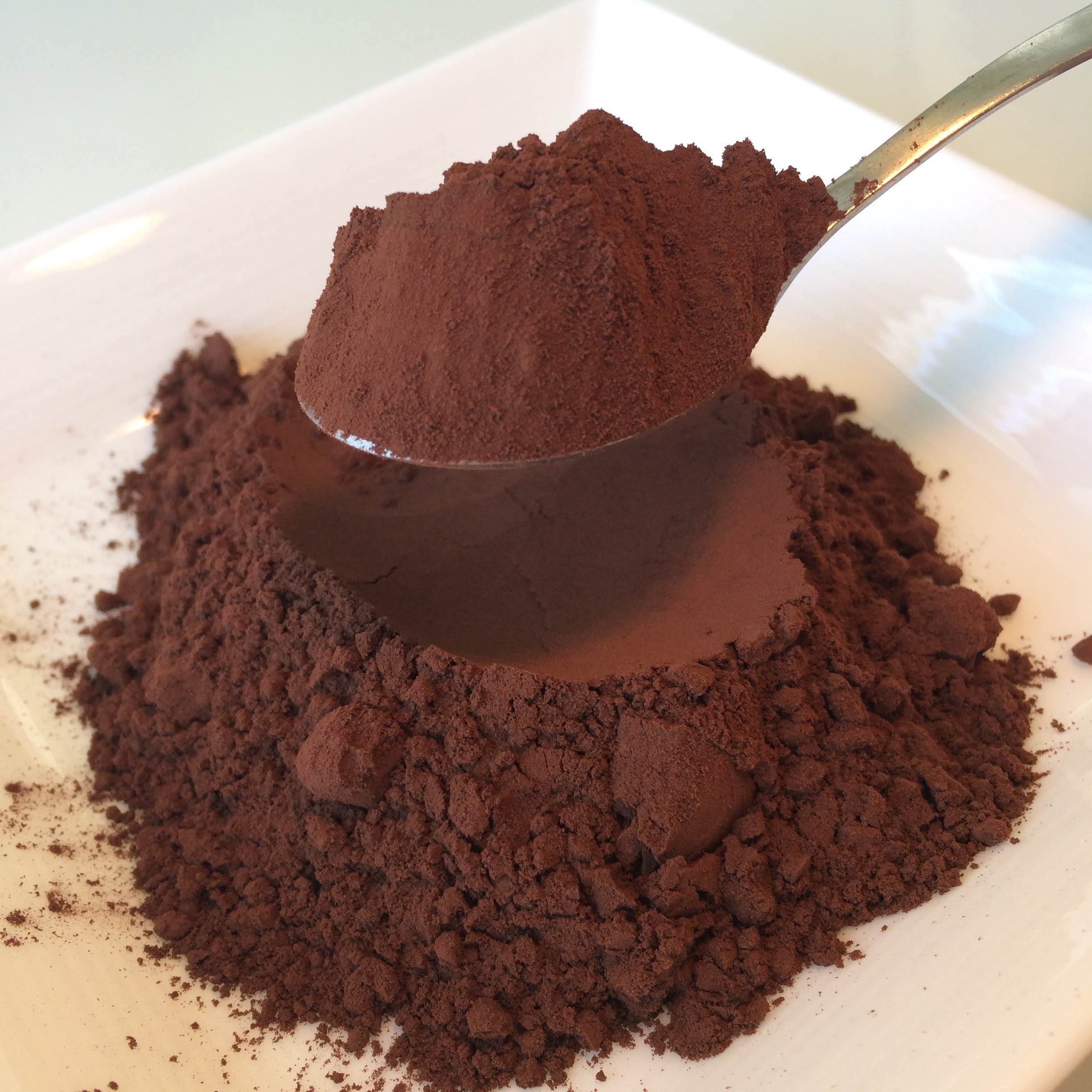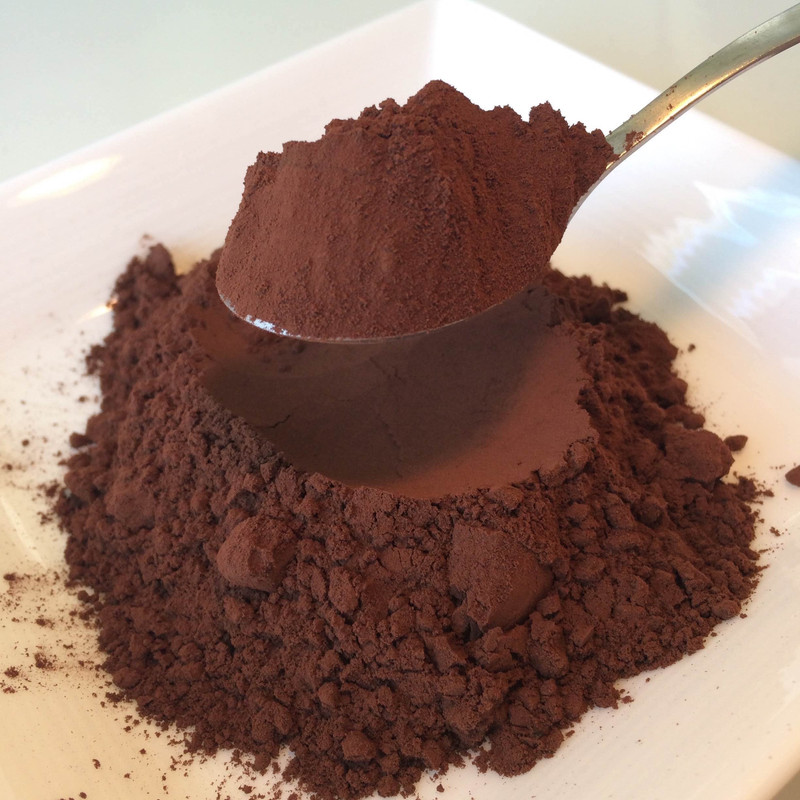Rising Health Concerns Due to Obesity
Rates of obesity have gone up a lot in many parts of the world, especially in Western countries like the US. According to data published by the Centers for Disease Control, and Prevention (CDC) and the Journal of the American Medical Association (JAMA) in 2014:
- Nearly 35% of the U.S. adult population (approximately 79 million individuals) were classified as obese.
- A higher chance of heart disease, diabetes, and some types of cancer has been linked to being overweight.
- The estimated economic burden of obesity was approximately $147 billion in 2008.
- Annual healthcare costs for obese individuals were $1,400 higher per person compared to individuals with a healthy weight.
Because of these growing concerns, experts have looked into a number of ways to help people control their weight, including potential uses of cocoa.
Can Cocoa Support Weight Management?
Dark chocolate which contains a high percentage of cocoa, has been studied for its possible effects on appetite and metabolism. Cocoa may help with weight management in a number of ways, according to research.
Appetite Control and Cocoa Compounds
A study published in The American Journal of Clinical Nutrition (August 10, 2016) examined the effects of cocoa compounds on appetite regulation. Researchers identified two key natural compounds in cocoa—epicatechin and procyanidins—that appeared to reduce appetite.
Findings from the study indicated:
- When people took more than 1.6 mg of epicatechin per kilogram of body weight, their appetites decreased by up to 18%.
- The compounds in cocoa seemed to influence hunger, and satiety hormones, helping individuals feel full for longer periods.
Theobromine, and Metabolism
Another important compound in cocoa is theobromine, which is a natural stimulant that works like caffeine. Theobromine may:
- Support the body's energy production which may help burn calories.
- Offer gentle energy boost without the shaky feelings that come with caffeine.
- Help reduce food cravings, supporting overall dietary control.
Choosing the Right Type of Chocolate
Not all chocolate products provide the same potential benefits. When selecting chocolate as part of a balanced diet, consider the following:
1. Opt for Dark Chocolate
Dark chocolate with a high cocoa content (70% or more) contains more of the beneficial compounds linked to appetite regulation and metabolism.
2. Choose Organic and High-Quality Cocoa
Organic chocolate is made without synthetic additives or excessive processing, preserving the natural compounds found in cocoa.
3. Look for Low-Sugar or Unsweetened Options
Minimizing sugar intake can help stop insulin spikes which affect how much weight you gain or lose. Unsweetened cocoa powder or low-sugar dark chocolate are better choices for those aiming to manage their weight.
Insights from Santa Barbara Chocolate
At Santa Barbara Chocolate, we have seen firsthand how extra dark chocolate may help control appetite and maintaining metabolism. Based on our own experiences:
- Extra dark chocolate appears to promote satiety due to its naturally high fiber content (cocoa fiber and cocoa butter).
- Some members of our team eat a tablespoon of cocoa powder with every meal, which is similar to having green tea with meals. This helps keep insulin levels steady and reducing cravings.
- Lower sugar or unsweetened chocolate options may support steady energy levels throughout the day.
Even though these ideas come from personal experience rather than official scientific studies, they align with existing research on cocoa’s potential effects on appetite and metabolism.
A Natural Addition to a Balanced Diet
It has been found that having cocoa, especially dark chocolate with a lot of cocoa, may help you keep your metabolism, and hunger in balance. Studies suggest that compounds like epicatechin, procyanidins and theobromine may help reduce hunger and support metabolic processes.
As part of a healthy diet, choosing high-quality, low-sugar dark chocolate may help you reach weight management goals along with exercise, and mindful eating. As research continues, cocoa is still being looked into to find out how natural foods might support a healthy lifestyle.
http://ajcn.nutrition.org/content/early/2016/08/10...


